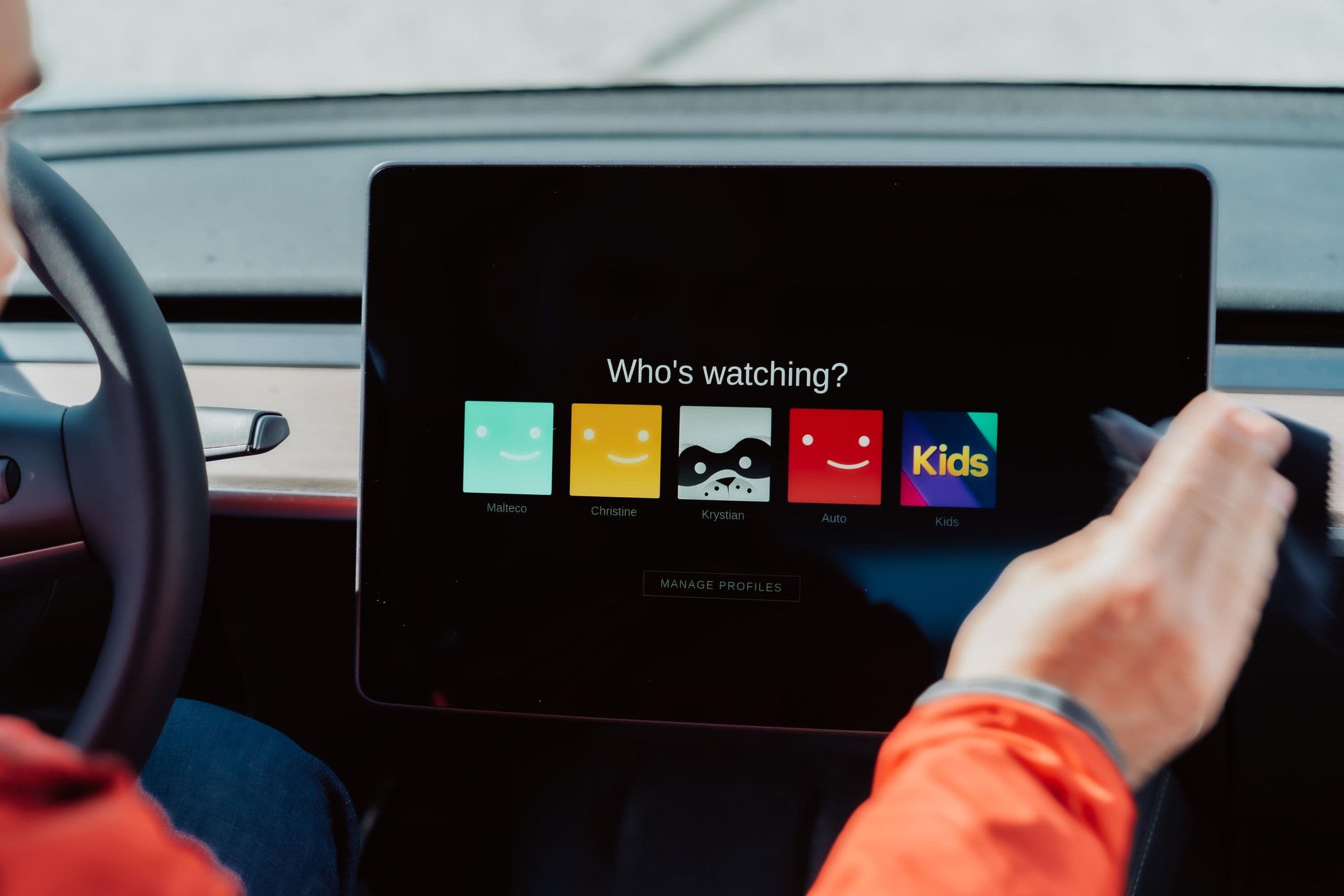Growing Dashboard Screens Vie for Driver Attention

Driven to Distraction? Growing Dashboard Screens Vie for Driver Attention
Defined as any activity that diverts attention from driving—such as talking or texting on the phone, eating and drinking, talking to people in the vehicle, and adjusting the stereo, entertainment or navigation system—distracted driving increases the risk of crashing and the potential for injuries and death. According to a National Highway Traffic Safety Administration (NHTSA) report on distract driving:
- Eight percent of fatal crashes, 15 percent of injury crashes and 14 percent of all police-reported motor vehicle traffic crashes in 2018 were reported as distraction-affected crashes.
- In 2018, there were 2,841 people killed and an estimated additional 400,000 people injured in motor vehicle crashes involving distracted drivers.
- Five percent of all drivers involved in fatal crashes were reported as distracted at the time of the crashes. Eight percent of drivers 15- to 19-years old involved in fatal crashes were reported as distracted. This age group has the largest proportion of drivers who were distracted at the time of the fatal crashes.
- In 2018, there were 506 nonoccupants (pedestrians, pedal cyclists, and others) killed in distraction-affected crashes.
Through the use of more intelligent technology, automakers are working to ensure large-screens will not distract the driver, but a 2019 AAA study found that many of these new features can still be disruptive, especially to those over the age of 55. According to the report, the key will be finding ways to incorporate new technologies to improve the driver experience—both in comfort and in safety—as more than one in five drivers on the road will be over the age of 65 by 2030.
Currently, there is no comprehensive national law for distracted driving. According to the Governors Highway Safety Association (GHSA), 22 states and D.C., Puerto Rico, Guam and the U.S. Virgin Islands prohibit all drivers from using handheld cellphones while driving, but no state bans all cellphone use for all drivers. In addition, 37 states and D.C. ban all cellphone use by novice drivers; 23 states and D.C. prohibit it for school bus drivers.
The state of Washington was the first in 2007 to ban texting, and currently, 48 states, D.C., Puerto Rico, Guam and the U.S. Virgin Islands ban text messaging for all drivers. In Michigan, the ban on hand-held devices only applies to school bus drivers and drivers with a Level 1 or Level 2 license, but the law on banning text messaging is enforceable for all drivers.
Being involved in a car accident can be a traumatic experience, especially when innocent people are hurt or killed due to the negligence of other drivers—including distracted driving. Pay attention and be safe out there!
client review
I was referred to Moss & Colella in 2018 following a car accident. I cannot tell you how confident and safe I felt knowing that I was in good hands. David, and Ryan made sure that I always had any questions or concerns addressed in a timely manner. I appreciated their compassion, and understanding as I got emotional, and the reassurance they provided, made me feel important and valued as a client. If you need a great lawyer for an injury, this is your firm! I hope I never need to be in a position where I’d need their help again, but if I did, I’d gladly seek their services!
Michigan Personal Injury Lawyers
Moss & Colella was established in 1997 to offer personal attention to clients. The firm is recognized as a leader in personal injury litigation and will always have an attorney ready to help win your case.

